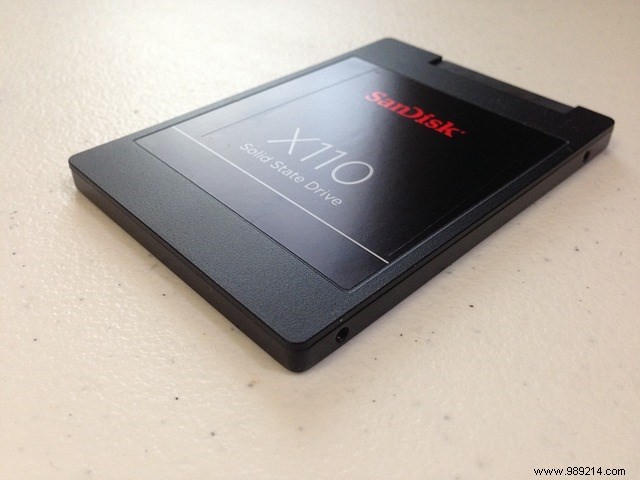If you've been looking for ways to store a lot of data through a USB port, you'll come across three main candidates:flash drive, external hard drive, and external SSD. All three can store data very well, but they fit different niches that make them better at performing specific roles.
ContentsUSB Flash DrivesAdvantages of USB Flash DrivesDisadvantages of USB Flash DrivesExternal Hard DrivesAdvantages of External Hard DrivesDisadvantages of External Hard DrivesExternal SSDsAdvantages of External SSDsDisadvantages of External SSDsStorage PotentialLet's break down these three options and see where each shines.
USB drives are small drives that plug snugly into a USB port. Their small size makes them a convenient way to store data.

Of all the options, external hard drives give you the most storage for your money. For about the same price as a 256GB thumb drive, you can buy a 1TB external hard drive instead – that's four times the size!
As such, external hard drives are the best option to solve shrinking computer storage. Buy a cheap terabyte, plug it in, and you have plenty of room for more files and programs. You can even install an operating system on it!
Of these three storage media, the hard drive is the only one that uses moving parts. This makes them prone to damage from bumps and scratches and introduces mechanical damage as a potential cause of data loss.
As such, external hard drives are best used as a stationary workhorse. You can plug them into a PC and offload large amounts of data on it for cheap. They make great devices to plug into a computer and keep there for long periods of time.
Despite this, external hard drives nowadays are the size of a wallet and can be easily carried around, so there is no need to fix them in one place forever.
A cousin of the humble hard drive, the external SSD stores data on flash memory instead of relying on moving parts. They are often used in tandem with computer hard drives, but some laptops will run entirely off an SSD.

SSDs enjoy high speeds due to the lack of moving parts, making them faster than HDDs. SSDs also have more storage space than USB drives, making them suitable for storing operating systems and software.
This luxury does not come cheap, however. If you want an external SSD, be prepared to pay more per GB than external hard drives or USB drives.
As such, they don't make good workhorses for storing large amounts of data on the cheap. However, they reduce the loading times of software installed on them, so they are the best option for storing games and programs.
While USB flash drives, external hard drives, and external SSDs can all expand your storage through a USB port, they all have their part to play. USB flash drives are the king of portability, external hard drives have the best storage to cost ratio, and external SSDs have the space and speed to easily load software.
Have we missed any key uses for these useful storage devices? Let us know below!